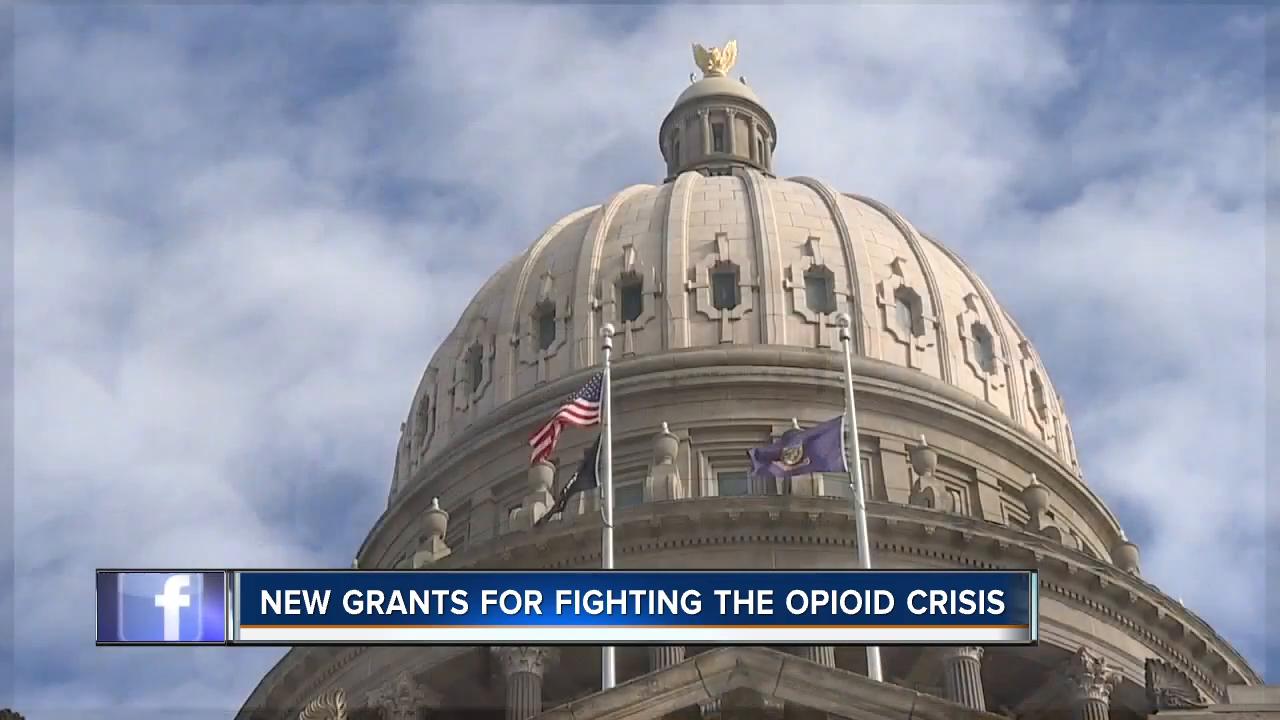BOISE, Idaho — Earlier this month, the Trump administration announced $1.8 billion dollars would pour into states including Idaho with the intent of combating the opioid crisis.
Beginning October 1, Idaho Department of Health and Welfare is receiving more than $4 million in the first year, and more than $10 million over the next three years.
$4.1 million dollars is going to the Division of Behavioral Health. According to a program manager, the two goals include access and ending harmful stigma.
"When somebody’s ready for help, we want to make sure the help is there. Cause sometimes I always tell people-- that window is open for 15 minutes," said Rosie Andueza, program manager at the Idaho Department of Health and Welfare. "The more we talk about this, the more we get it out, the more we make it safe for people to be able to talk about-- and ask for-- help.”
But this grant is not the only circumstance making an impact on where they will direct their funds.
“Up until now we’ve had to spend the majority of that funding on treatment for individuals because, ya know, literally it was a life or death situation. And so, we put a majority of our funding in treatment, including medication-assisted therapy. Now, with Medicaid expansion, the estimates are that, over 90% of the folks we’ve been treating will be eligible for Medicaid, so they’ll be able to get their treatment services through Medicaid."
This-- she said, will allow for more support of supporting services.
"Allowing us to use the funding that we would have spent on treatment, for other services that are quite necessary for recovery, such as transportation, safe and sober housing..."
Some other priorities for the funds include Naloxone distribution, a law enforcement assistant diversion project (where in lieu of arrest, a person is actually offered treatment), youth prevention programs, the nine Idaho recovery centers, a pilot extending the maximum length stay for residential care at the Walker Center in Gooding.
“Treatment is great, but treatment tends to be [a small amount] of the journey. The journey is from here, to the rest of your life.”
Plans also include to implement a reentry pilot for inmates being released from the Pocatello Women’s Correctional Center.
“I hope we do enough prevention in this state, that someday, I'm out of a job. That’s how I’d like to see it," said Andueza.
She said those in need of help with recovery should not be discouraged to call BPA Health at 1 (800) 922-3406, which is the Department of Health and Welfare's contractor that connects people to local services regardless of whether they are insured.




